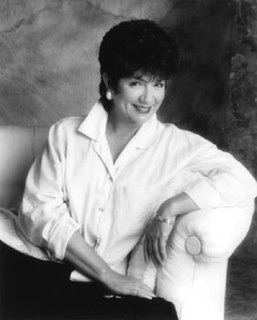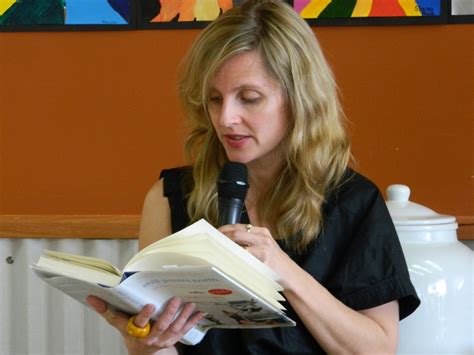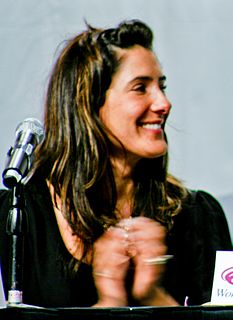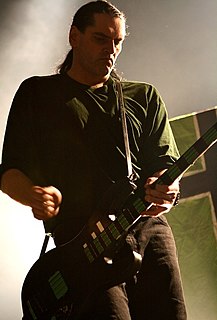A Quote by Natalie Goldberg
I had cancer for fourteen months and wrote a memoir about the experience.
Related Quotes
I wrote the book Don't Die, My Love as I was going through radiation, so it certainly has an air of authenticity about it because I was there. I think all of my books took on kind of a deeper tone when the lady who wrote about cancer all of a sudden had cancer. I'm doing well. I went through it all and they said, 'You're fine."
My father died of brain cancer in 1991. I do not know anyone whose life has not been touched by the loss of a loved one to cancer. I wrote my book 'Gracefully Gone' about my father's fight and my struggle growing up with an ill parent. I wrote it to help others know they are not alone in this all-too-often insurmountable war against cancer.
The kid dead on the ground. Fourteen, Ash. Fourteen. I’m fourteen.” – Nick “Yeah…” – Acheron “Ash, I’m fourteen.” – Nick “Got it. You’re fourteen. I’m so proud you can count that high. It’s a testament to the modern American educational system. But I should probably point out that you’re not the only one. I’m told you go a school with a whole class of – get this – kids who are fourteen.” – Acheron
After I wrote my memoir, 'A Long Way Gone,' I was a bit exhausted. I didn't want to write another memoir; I felt that it might not be sane for one to speak about himself for many, many, many years in a row. At the same time, I felt the story of 'Radiance of Tomorrow' pulling at me because of the first book.































